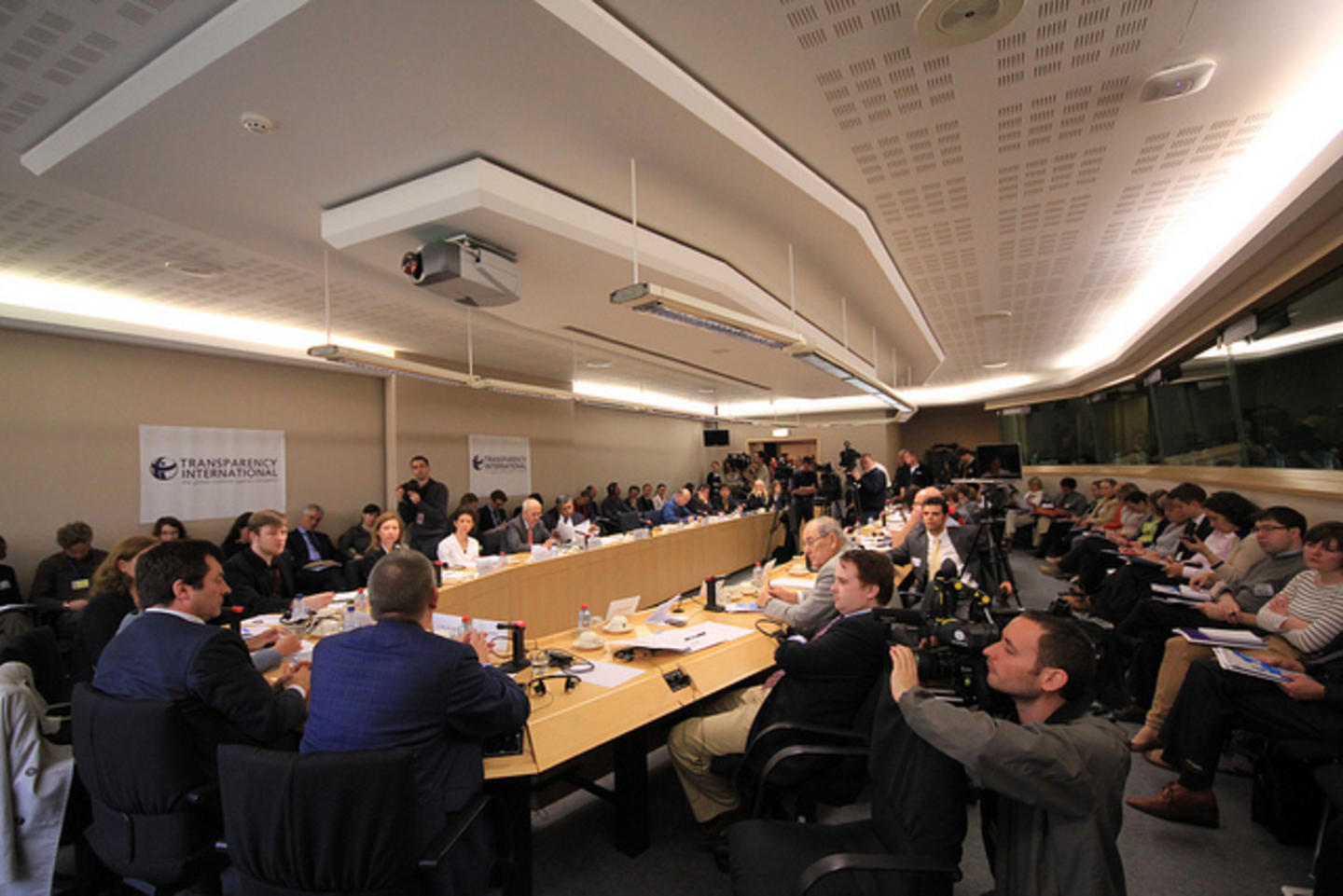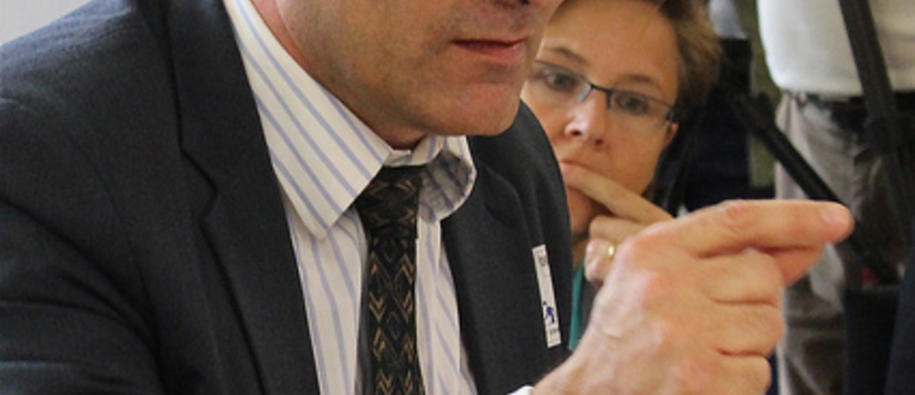Today, Transparency International (TI) published its report Money, Politics, Power: Corruption Risks in Europe. The report lays out the result of studies to assess the National Integrity Systems in 25 European countries. According to Transparency International, there are huge variations across the region, but no countries are without flaws in their systems.
"The problems start at the very top. After studying hundreds of institutions in these countries, we see that many of the institutions that define democracy and the values that Europe lives by are weaker than often presumed", said Cobus De Swardt, Managing Director of Transparency International.
Some of the biggest problems are found in Central and Southern Europe, and Transparency International finds it particularly worrying that previous progress on anti-corruption has been reversed in countries such as the Czech Republic, Hungary and the Slovak Republic since they became EU members. The report also points to serious deficiencies in Greece, Portugal and Spain.
High costs for European societies and citizens
Three quarters of Europeans find corruption to be a major problem in their societies (Eurobarometer 2012), and the cost is enormous. According to the European Commission, corrupt practices are estimated to cost European tax payers 120 billion euro per year. TI also finds a link between the financial crisis and corruption, with a high correlation between the lack of robust anti-corruption systems and high budget deficits.
Some of the key deficiencies the report points to are lack of integrity safeguards in parliaments, secrecy around lobbying, poor access to information, high corruption risks in public procurement, lack of protection for whistleblowers and a lack of regulation of funding to political parties. However, the picture is not entirely bleak. The report shows that anti-corruption legislation is relatively well developed across Europe, supreme audit institutions do a good job in fighting corruption, and electoral processes are robust in most countries.
The report covers 25 European countries and the EEA and Norway Grants have contributed with funding to the assessments in the 13 countries which are also eligible for funding from the Grants (Bulgaria, the Czech Republic, Estonia, Greece, Hungary, Latvia, Lithuania, Poland, Portugal, Romania, the Slovak Republic, Slovenia, Spain). Norway is also covered by the report.
TI assists the Grants in fighting corruption
Iceland, Liechtenstein and Norway have a no-tolerance policy for corruption and fraud in the EEA and Norway Grants. The Grants entered into an agreement with Transparency International last year under which TI would develop specific corruption risk management tools for the grants schemes. TI has developed tools for a two-step process where there will first be risk filtering to identify programmes at greater risk in each country, and secondly risk ranking of these programmes.
Photos: Transparency International

